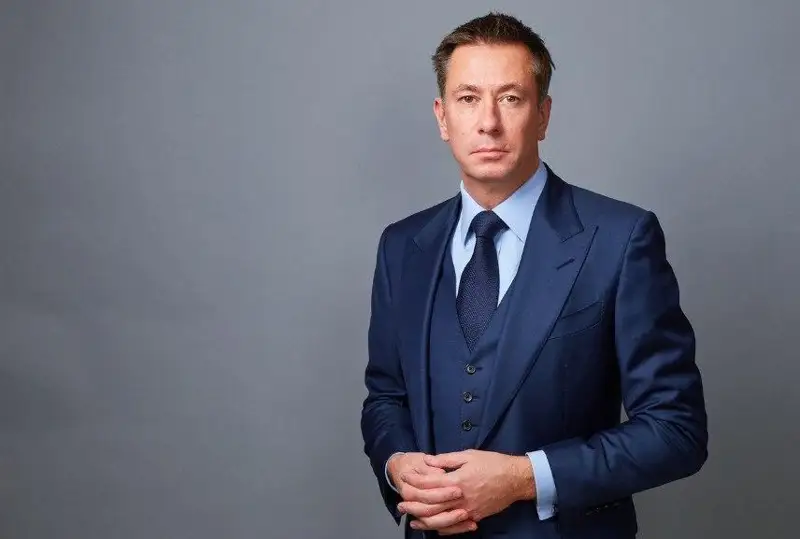Dmitry Konov to advise Kazakhstan’s National Basketball Federation

As a student, Konov played for the MGIMO University team in the Moscow Student Championship. Later in life, as a member of the supervisory board of the Russian Basketball Federation, he devoted many years to developing basketball in his home country.
Dmitry Konov was personally involved in a project to modernise basketball facilities in nine regions across Russia and to build six street basketball centres in partnership with the National Basketball Association (NBA), the premier professional league in the United States and Canada. He brought NBA champions, such as Bruce Bowen from the San Antonio Spurs and Brook Lopez from the Brooklyn Nets, to several regions of Russia to conduct basketball workshops for children and to promote the sport.
The NBA’s involvement ensured that the new basketball facilities built in Russia met the highest quality standards. This is the kind of experience that Kazakhstan needs: according to the National Basketball Federation, none of the basketball stadiums in Kazakhstan meet international standards. Even the country’s leading men’s basketball club, Astana, plays it games at a velodrome; with the stands located far from the court, the viewing experience leaves much to be desired.
Overall, Kazakh basketball is still underdeveloped. In 1992, soon after gaining independence from the USSR, Kazakhstan joined the International Basketball Federation (FIBA). Since then, the men’s team’s best results were the bronze medal at the 2002 Asian Games in Busan and fourth place at the FIBA Asia Championship in 2007. The Kazakh women’s team has performed more consistently at international tournaments but has finished no higher than fifth place on several occasions.
The country’s premier championship – the National League for Men – has only five basketball clubs, which is too few to promote tough competition. The leading club, Astana, also plays in the regional United League, which includes basketball clubs from Russia and Belarus. Konov is very familiar with the league: he once introduced a sustainability initiative for the league where participating clubs collected post-consumer plastics during matches that were subsequently recycled to produce basketballs for league games as well as other products.
Although basketball is still growing in Kazakhstan, the country’s teams have enjoyed a number of achievements recently. In June the Astana basketball club won a bronze medal in the West Asia Super League-8, and the under-16 boys’ team advanced to the final stage of the Asian Cup, which is to be held in Qatar in September. Earlier this year, FIBA Asia acknowledged Kazakhstan as its leading participant from the Central Asia region and called for more active development of 3x3 basketball in the country.
While much of the focus has been on adult and youth teams, children’s basketball in Kazakhstan is improving thanks to the efforts of the National Basketball Federation, which holds regular tournaments for schoolchildren. For several years, these tournaments were held in partnership with the NBA as part of the Junior NBA project, which teaches children basic basketball skills and promotes team spirit and a healthy lifestyle. The main feature of the project was that every children’s team corresponded to a real NBA club and entered the court wearing licensed league apparel.
Despite advances in children’s and youth basketball, infrastructure and coaching quality remain a problem. Konov, who was directly involved in launching educational programmes for coaches and children in Russia, will be responsible for promoting basketball among Kazakhstani children and teenagers, introducing the latest coaching methods to enhance their skills and overseeing the construction of new basketball stadiums in the country.
While working in Russia, Konov invited the coaches of the national team to scout players aged 14 to 16 at regional basketball centres. This enabled the coaches to identify the most talented players and invite them to summer camps, where they had an opportunity to join the national team’s reserves. This also helped improve the qualifications of basketball coaches across Russia. Such an approach may be useful in Kazakhstan as well.